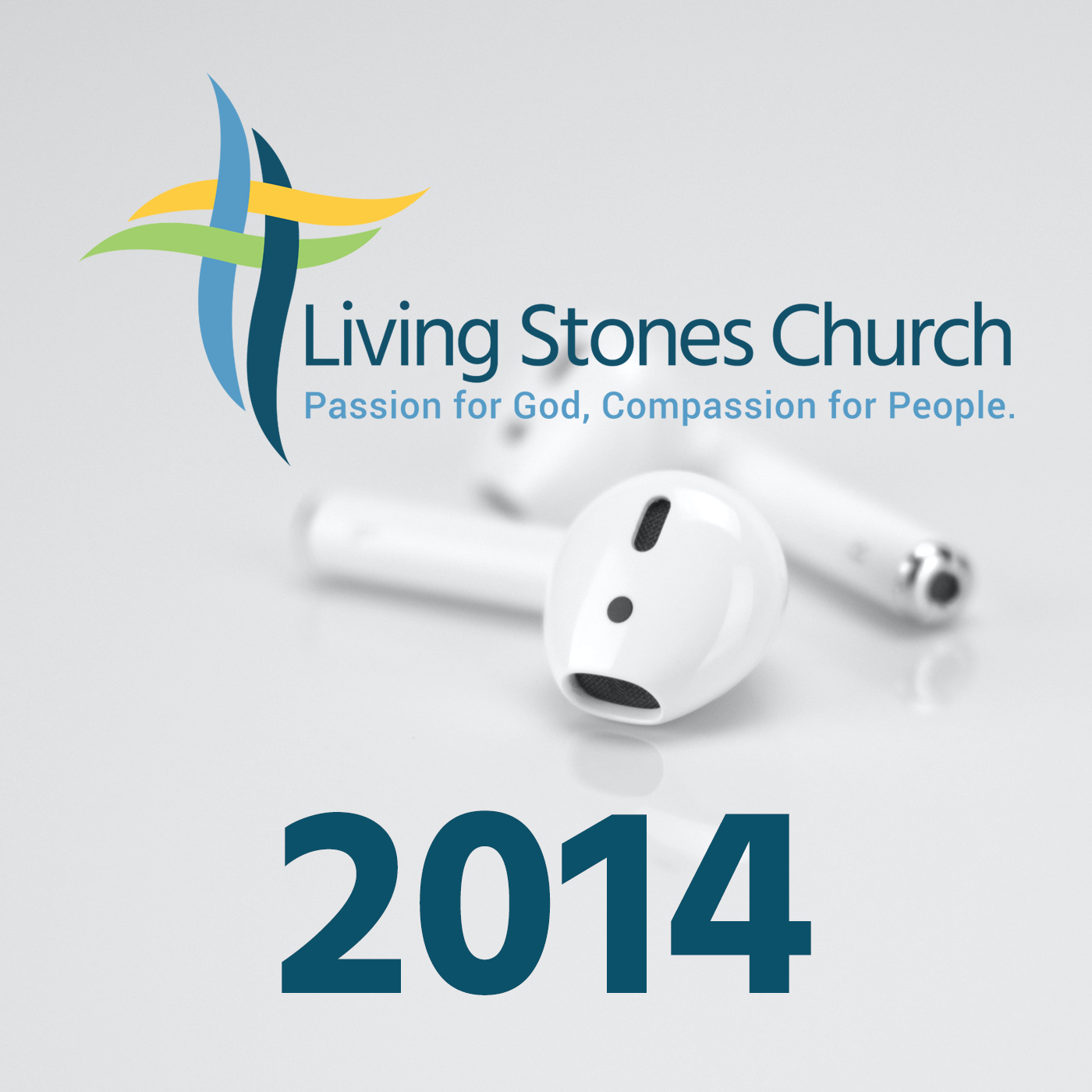Show Notes
1 Corinthians 4
We are living in an age of emasculation. The need for strong but tender, loving fathers is often neglected as we live in an age of irresponsibility and self-fulfillment. What is true of biological fathers is equally true for spiritual fathers. One of the most profound discoveries I came to as a young pastor was that ’a pastor is a spiritual father.’ However, spiritual fathering is not reserved for church leaders. Still, the need for men of God to take on the responsibility to serve others in the church in a loving, nurturing, encouraging and instructive role has never been greater. One of the texts that validates this concept is found in 1 Corinthians 4, where the apostle Paul explains this very idea. 1 Corinthians 4:14-16: "I am writing this not to shame you but to warn you as my dear children. Even if you had ten thousand guardians in Christ, you do not have many fathers through the gospel. Therefore I urge you to imitate me." In the earlier part of the chapter, Paul describes the nature of his ministry among the people. He describes ministers as ‘servants of Christ,’ but the usual word for servant, diakonos, is not used here, but hyperetes originally meant those who were an under rower in a large ship. Leon Morris relates: “From this, it came to signify service in general, though generally service of a lowly kind (subordinate), and subject to direction.” However, he clarifies that they were entrusted with the mysteries God has revealed. The word entrusted is translated from the Greek term oikonomoi, which was the person “who supervised a large estate (administrator or manager). Unless he was to be a slave to his slaves, a rich landowner had to find someone to do the routine work of running the estate. ...He held a responsible position; he was set over others and directed the day-to-day affairs. ...Then in relation to the master, he was a slave, but in relation to the slaves, he was a master.” Paul was saying to the Corinthians that these spiritual leaders or fathers were before God, subject to the direction of the Lord and entrusted with the gospel’s message. In relationship to the church, they were to oversee or manage the church, serve the people and were ultimately responsible to God. At the conclusion of the chapter, we find Paul making an appeal and issuing a warning. In these two approaches to the issues that the church in Corinth was facing, we learn about the nature of being a spiritual father. There are certain things we learn from Paul, the spiritual father.






